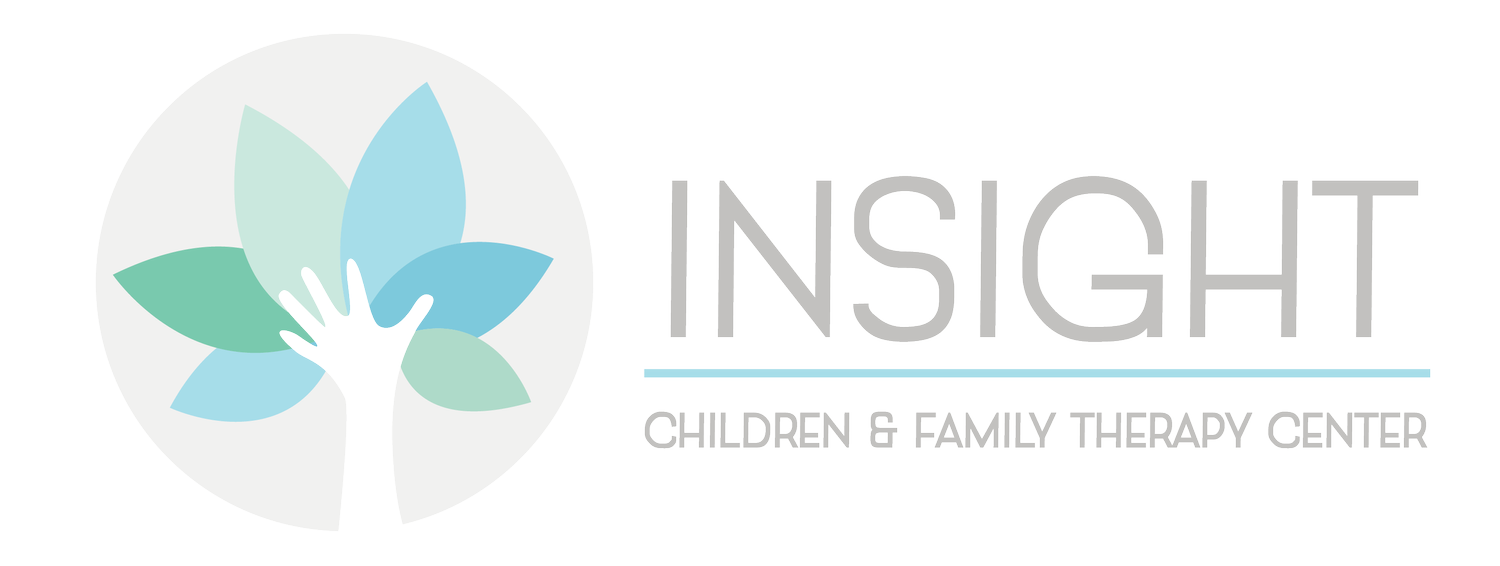
Couple Therapy
Many couples feel anxious about trying couple therapy because of the stigma. What does this mean about my relationship? Are we not a happy couple anymore? What will my partner think when I say we should do marriage counseling? Some people try to tell themselves they don’t need help, that things are “fine.” And sometimes, one partner blames the other and believes that their issues are a one-way street.
Regardless of your situation, cultural background, or relationship status, you and your partner can benefit from couples therapy sessions to:
Access difficult thoughts and emotions
Gain skills and tools for effective communication
Open up, listen with patience, and intention
Help you see, understand and respect each other
Identify and address conflicts
Discover underlying implications of obstacles
Learn tactics to enhance your relationship
Shift unhealthy habits to healthier and sustainable dynamics
Revitalize your bond with your loved one
Couples therapy can help you and your partner in every phase of your relationship—at the early stages, before getting married (pre-marital therapy), or after marriage (post-marital therapy or marriage counseling)
Couple therapy starts with exploring your relationship, background, and values. Your couples counselor will help you and your partner identify the issues at hand and desired goals, tailoring treatment to your needs. Your therapist is there to support you both in developing skills and implementing tools to address those challenges.
Effective couple therapy is all about recovering your shared sense of trust, bolstering your connection, and fostering healthier communication:
Trust is the foundation of healthy relationships. It involves commitment, safety, and reliability. When there’s a breach of trust, that foundation cracks, resulting in instability and insecurity. Couple therapy can help you work through your trust problems so you can rebuild a solid footing and move forward.
Connection implies physical and emotional intimacy. Connected partners feel drawn to each other and are comfortable with being vulnerable. A lack of connection can translate into being distant, having less interest in your sex life or affection in general. Couple therapy can bring you together to reconnect and tune into one another.
Communication strengthens couples’ trust and connection. Having healthy communication means being able to express your needs, listening, and respecting each other. Poor interactions may lead to frustration, feeling judged, or like your loved one doesn’t speak your language. Couple therapy can help pinpoint harmful habits and find alternative ways to communicate.

